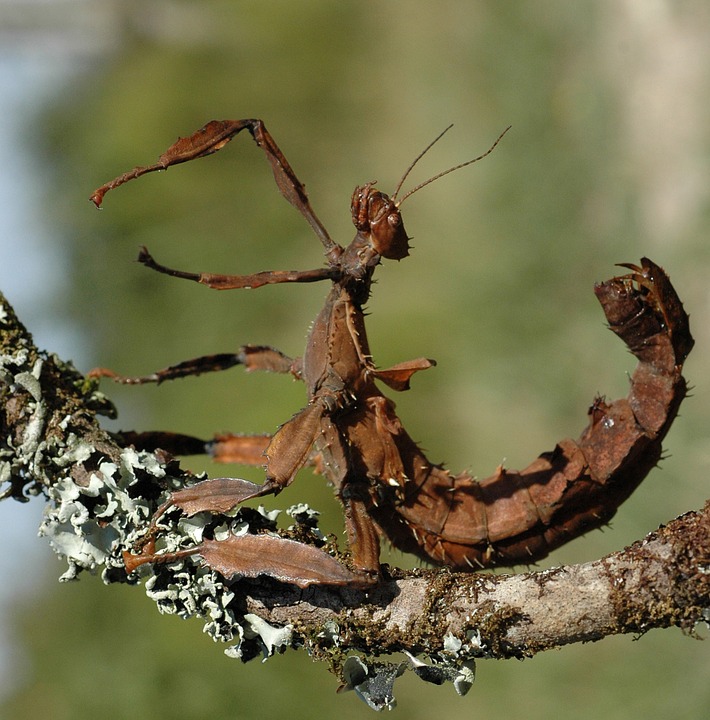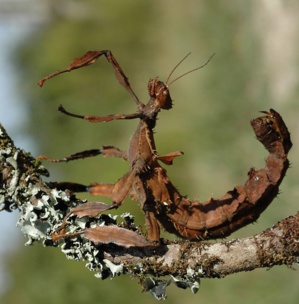Dailycsr.com – 11 October 2016 – Bio-mimicry adapts “biological strategies” in order to address “human technical and social challenges”, whereby solving it in turn. Given the play of natural selection, the biological strategies get “highly adapted and differentiated” and incline to be “remarkably resource efficient”. Therefore, one looking for “novel, environmentally sustainable product innovations” can turn to the rich inspirational source of biology.
GOJO is emerging as a leader in this upcoming field of using bio-mimicry based solutions under the “strategic partnership” of the “University of Akron’s Biomimicry Fellowship Program”, which has been jointly developed by “Great Lakes Biomimicry”. GOJO integrated the field of bio-mimicry into its approach towards “research and development” areas, whereby GOJO revealed a “detailed case study” narrating the documentation of a successful bio-mimicry implementation at GOJO. The same report appears in the “most recent” publication issue of “Research-Technology Management” journal which undergoes peer review and provides “best practices on innovation management”, useful for professionals in the “research, development and engineering” field in all over the world.
The article under the name of “Biomimicry: Streamlining the Front End of Innovation for Environmentally Sustainable Products” includes a project detail wherein “energy-efficient soap and sanitizer dispensers were generated by a cross-functional team using biological strategies for fluid distribution as ideation stimulus”.
In order to gage the advantages of using bio-mimicry technics, the performance above mentioned project was compared to another project undertaken by GOJO, similar in nature and was executed in the year of 2010. Here is a list of preliminary data, suggesting strongly the advantages of bio-mimicry, as mentioned by Ethical Performance:
GOJO is emerging as a leader in this upcoming field of using bio-mimicry based solutions under the “strategic partnership” of the “University of Akron’s Biomimicry Fellowship Program”, which has been jointly developed by “Great Lakes Biomimicry”. GOJO integrated the field of bio-mimicry into its approach towards “research and development” areas, whereby GOJO revealed a “detailed case study” narrating the documentation of a successful bio-mimicry implementation at GOJO. The same report appears in the “most recent” publication issue of “Research-Technology Management” journal which undergoes peer review and provides “best practices on innovation management”, useful for professionals in the “research, development and engineering” field in all over the world.
The article under the name of “Biomimicry: Streamlining the Front End of Innovation for Environmentally Sustainable Products” includes a project detail wherein “energy-efficient soap and sanitizer dispensers were generated by a cross-functional team using biological strategies for fluid distribution as ideation stimulus”.
In order to gage the advantages of using bio-mimicry technics, the performance above mentioned project was compared to another project undertaken by GOJO, similar in nature and was executed in the year of 2010. Here is a list of preliminary data, suggesting strongly the advantages of bio-mimicry, as mentioned by Ethical Performance:
- Double the intellectual property – with a greater proportion of the concepts from the biomimicry project converting from notices of invention to patent applications
- Double to quadruple the energy efficiency compared to technology in the market today
- Impressive results with approximately one-sixth of the personnel and financial resources
References:
ethicalperformance.com


 GOJO’s Approach Through Bio-mimicry
GOJO’s Approach Through Bio-mimicry





 Companies
Companies